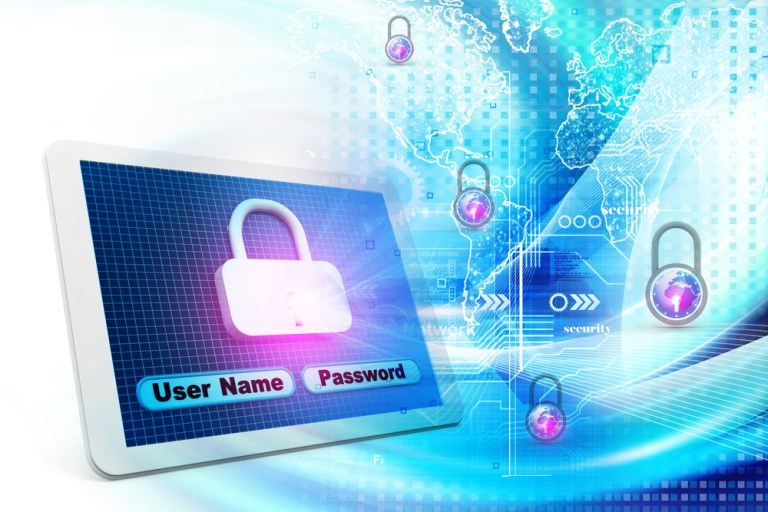As the encryption battle heats up, Apple CEO Tim Cook is prepared to fight the FBI’s request to gain access into the iPhone recovered from one of the shooters in the San Bernardino terrorist attack that took place last year.
As Reuters reported Wednesday (Feb. 17), Apple has opposed the court ruling ordering it to assist the FBI in the agency’s efforts to set up “backdoor” access to the device, a move Apple called “an unprecedented step, which threatens the security of our customers.”
In a statement on its website, Cook calls for public discussion and expresses the desire for Apple customers to know what is at stake if the information protected by its encryption is forced to be compromised.
Here is an except from the message:
“We have great respect for the professionals at the FBI, and we believe their intentions are good. Up to this point, we have done everything that is both within our power and within the law to help them. But now, the U.S. government has asked us for something we simply do not have and something we consider too dangerous to create. They have asked us to build a backdoor to the iPhone.
Specifically, the FBI wants us to make a new version of the iPhone operating system, circumventing several important security features, and install it on an iPhone recovered during the investigation. In the wrong hands, this software — which does not exist today — would have the potential to unlock any iPhone in someone’s physical possession.”
Advertisement: Scroll to Continue
On Tuesday (Feb. 16), the tech giant was ordered by a U.S. District Court in Los Angeles to provide “reasonable technical assistance” to investigators as they attempt to unlock the data on an iPhone 5C that was owned by Syed Rizwan Farook, Reuters reported.
“Apple has the exclusive technical means which would assist the government in completing its search but has declined to provide that assistance voluntarily,” prosecutors explained.
But the tech company’s leader says that not only does Apple not have the technical capability to perform the requested task, but the act of doing so would essentially set a dangerous precedent going forward.
“The implications of the government’s demands are chilling. If the government can use the All Writs Act to make it easier to unlock your iPhone, it would have the power to reach into anyone’s device to capture their data. The government could extend this breach of privacy and demand that Apple build surveillance software to intercept your messages, access your health records or financial data, track your location or even access your phone’s microphone or camera without your knowledge,” Cook stated.
“Opposing this order is not something we take lightly. We feel we must speak up in the face of what we see as an overreach by the U.S. government.”
While Apple continues to push back on the FBI’s demands, the latest turn of events throws fuel on the encryption fire, with private tech companies and the U.S. government remaining at odds on if the government truly has the right to access consumer data transmitted via smartphones and digital devices.




